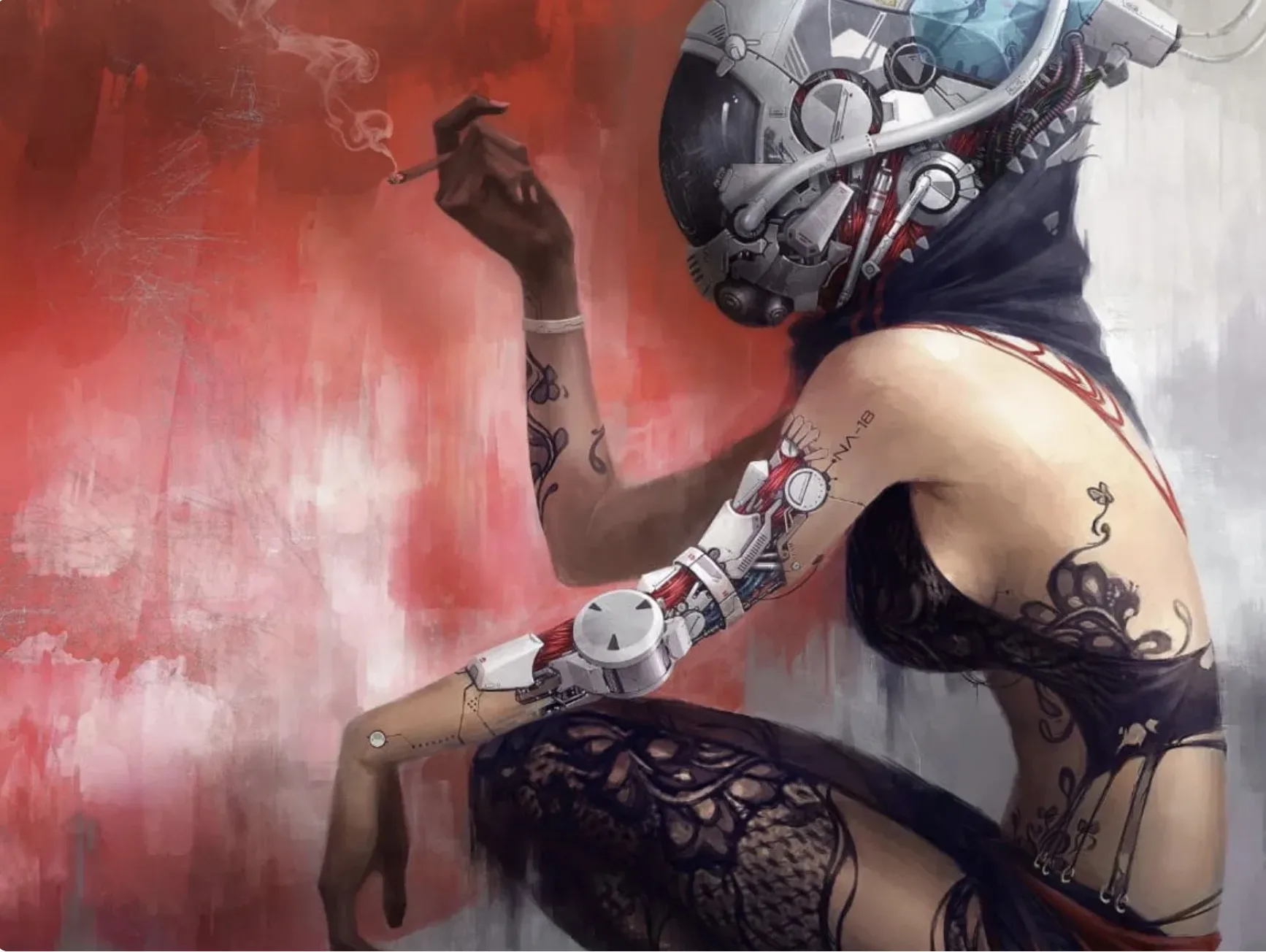Five Reasons to Embrace a Positive Horizon Towards 2050
January 30, 2020Young Activism the new hobby?
February 10, 2020A story by Luís Rasquilha
Without wanting to be simplistic, but enjoying simplifying reality, we can summarize the evolution of the world, society and business in three great moments, through the lens of the Age vs Age and Source of Power like this:
1st Great Era- Agricultural Era (until 19th century)
This was the moment where whoever owned the land held the power, as it was allowed to define what and when it would be produced. This era divided society between Aristocrats and Commoners.
These were times where little to no education or training was necessary (possibly nonexistent) as agricultural production was only invented a few centuries prior. There was no pressure from the business sector as we have today.
2nd Great Era — Industrial Era (20th century and early 21st century)

With the transformation of land into capital, through its sale, associated with population growth, it became necessary to adopt new forms of production. Thus, the Industrial Age/Revolution came where the owners of capital determined the direction of production. This era divided society between the Capitalists and the Proletariat, giving rise to social classes as we know them today.
In this era, we know the creation of an education model that focused on its performance in the training of technical and repetition skills and, therefore, the more we are “equal” the better.
3rd Great Era — Information Aage (21st century, post 2007)
After the arrival of the connected world (first via smartphones and now via the internet of everything — IoE, Internet of Everything) the era has changed to a new reality where the source of power is information and more than mere information, its ability to transform it into knowledge.
We live in the era of the 4th industrial revolution, where it is no longer land or capital that determines our every-day reality and the course of history. Today the power is in the knowledge and the speed of access and updates. This era is dividing society into species. In the future, we will see several species classified by their ability to access and use information. Harari speaks in the singular or algorithmic age where each will naturally be different from the other. In this new reality, new and different skills enter the scene that until now would be second, and perhaps even nowhere, on the educational agenda.

The World Economic Forum (WEF) published in 2018 the WEF, the outlook of updated skills that assumed the following list:
Increasing Skills
- Analytical and innovative thinking
- Active learning and learning strategies
- Creativity, originality and initiative
- Technology design and programming
- Critical and analytical thinking
- Troubleshooting complex problems
- Leadership and social influence
- Emotional intelligence
- Reasoning, problem solving and ideation
- Systems analysis and evaluation
Decreasing Skills
- Manual dexterity, strength and precision
- Memory, verbal, auditory and spatial skills
- Management of financial and material resources
- Technology installation and maintenance
- Reading, writing, math and active listening
- Personnel management
- Quality control and security awareness
- Coordination and time management
- Visual, auditory and speech skills
- Use, monitoring and control of technology
The analysis is notorious that we need to build a new educational and developmental approach, focusing more on thinking capacity and less on execution, letting machines perform what was once the function of human beings. In this equation Human vs. Digital the pendulum will change in favor of those who achieve the balance between thought and execution, producing applicable knowledge, extracted from the available information.
This is a story of the Futurist Club
By Science of the Time
Written by: Luís Rasquilha

Disruptive Strategy Executive Program (Harvard Business School | HBX, USA), Advance Program in Strategic Management (Copenhagen Business School, DNK), there Antecipatory Organization Executive Course (Burrus Research, EUA), Trends Innovation Course (Inova Business School, BRZ, ), Post-MBA (Inova Business School, BRZ), Master in Creativity & Design Thinking (Stanford University, EUA), Master in Entrepreneurship & Management Innovation (UCP, PT), Post-graduation in Management (ISG, PT), MBA (ISCTE, PT), Post-graduation in Marketing (UCP, PT) & Graduation in Communication (INP, PT). Specialized in Future, Trends & Innovation.
Started his career in Worldwide advertising agencies (Publicis, Dentsu, Ogilvy and WOP, from W/Brasil) developing strategy analysis and innovation concepts for worldwide brands. Then as a consultant worked for several Top Brands. Now leads INOVA Consulting and INOVA Business School as CEO. As a consultant, worked with 10 of the 50 most innovative companies worldwide.
Invited professor in several Business Schools and Universities in Europe (Portugal — ISVOUGA, IPAM; Spain — Financial Times e Instituto de Empresa Business School, Corporate Learning Alliance — FT ie CLA) and South America (Brazil — FIA/USP, FDC, Hospital Albert Einstein and INOVA Business School). Board Member at G100 Brasil and Crypto bank Capitual. Author & co-Author of 18 books related to Management, Trends & Innovation, Marketing & Communication.
Specialties: Strategy, Future, Trends & Innovation.



